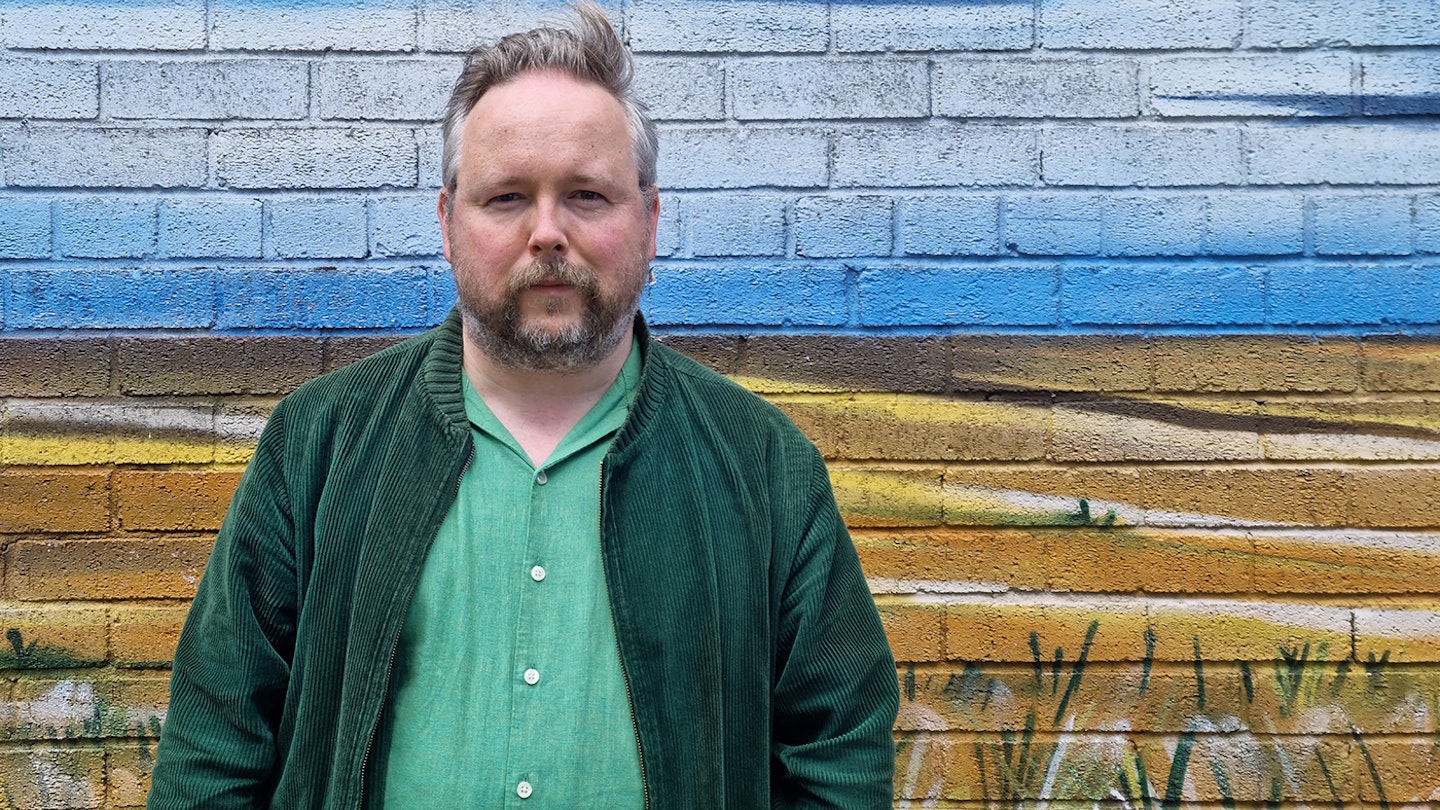
Steven Tyler Won’t Be Touring Again Says Former Guns N’ Roses Drummer
February 18, 2025
YAZZUS reimagine early ’00s tracks from Daft Punk, The Chemical Brothers, Madonna, more in new edits pack: Listen
February 18, 2025
The intrigue surrounding Richard Dawson’s latest album begins before you’ve even pressed play. With a title like ‘End Of The Middle’, the veteran Geordie folk singer is inviting multiple interpretations of his work without even needing to hear a guitar string strummed or his characterful drawl.
In an era of such political upheaval, it could very easily point to the end of centrism as a political ideal. The world over, politics is increasingly being fought by those on the fringes, in particular the far-right, who continue to shout the loudest and dominate a news cycle that simply cannot find a way to contain its pervasive, damaging rhetoric.
Equally, it could relate to our relationship with aging, a topic equally at home in the current zeitgeist with films like The Substance throwing a spotlight on both personal and societal reactions to that most natural of human process. Zeroing in on Dawson’s own personal context – approaching his mid 40s, originating from the north of England, with a career of socially-focused music behind him – seems to provide a third, most tantalising reading. Class.
The idea of a class system is not something unique to the United Kingdom, but it does feel like our specific approach to connecting people’s worth to their monetary wealth is uniquely long-standing and sophisticated, making it difficult to define and, therefore, even more complex to untangle in the name of progress.
With this reading, ‘End Of The Middle’ turns into a record that focuses on the end of an accepted definition of a British middle class. With those sitting on hereditary wealth beginning to define themselves as working class simply because they have a part time job with little-to-no stakes, there’s an argument to be had about whether it’s become redundant as a concept already.
Dawson, seemingly, doesn’t think so, as he takes 45 minutes and nine songs to construct a collage of the relative comfort and mundanity that comes with being envious of those richer than you and those worse off than you. In other hands, there’s the potential for this subject matter to transform a record into an embittered undertaking, but Dawson is a cannier operator than most.
—

—
Instead, he presents this reality at face value, injecting these compositions with the kind of humour that draws a wry chuckle, and the kind of quaint familiarity that makes this all seem fairly aspirational, even if the characters at the centre of its gaze are discomforted by their lot in life.
Taking his cues from Japanese film director Yasujirō Ozu, a man who used his entire filmography to track how intergenerational familial tensions reflect wider societal discussions about traditions and transformation, Dawson allows you to make the call for yourself on how you feel about those in this comfortable limbo. It’s an exceedingly impressive character study that, with its straight-faced and straight-laced perspective, gets under the skin of these conversations in a way that you fear a more judgemental or overtly sympathetic observer wouldn’t be able to.
An album of rare patience and empathy, ‘End Of The Middle’ doesn’t ever allow itself to descend into forthright commentary. Instead, it presents its scenes to you, inviting you in, and allowing you the time to reflect on the quiet luxury of finding such comfort a drag, in turn asking you to consider the fates of those who would find such a life an aspirational relief from the breadline. An album for our times, indeed.
8/10
Words: Michael Watkins
Dig This? Dig Deeper: Lankum, Shovel Dance Collective, Bill Callahan
—




